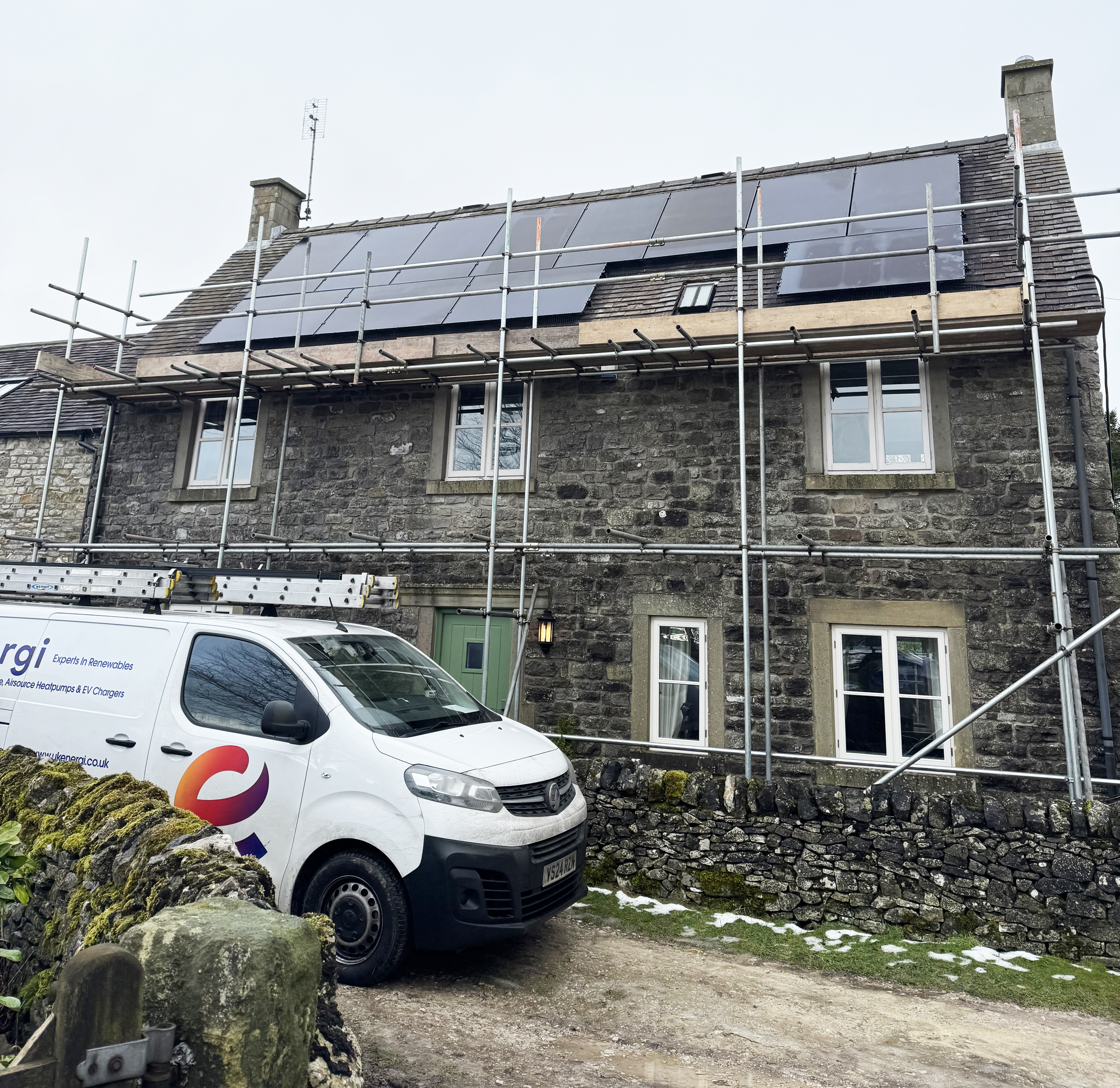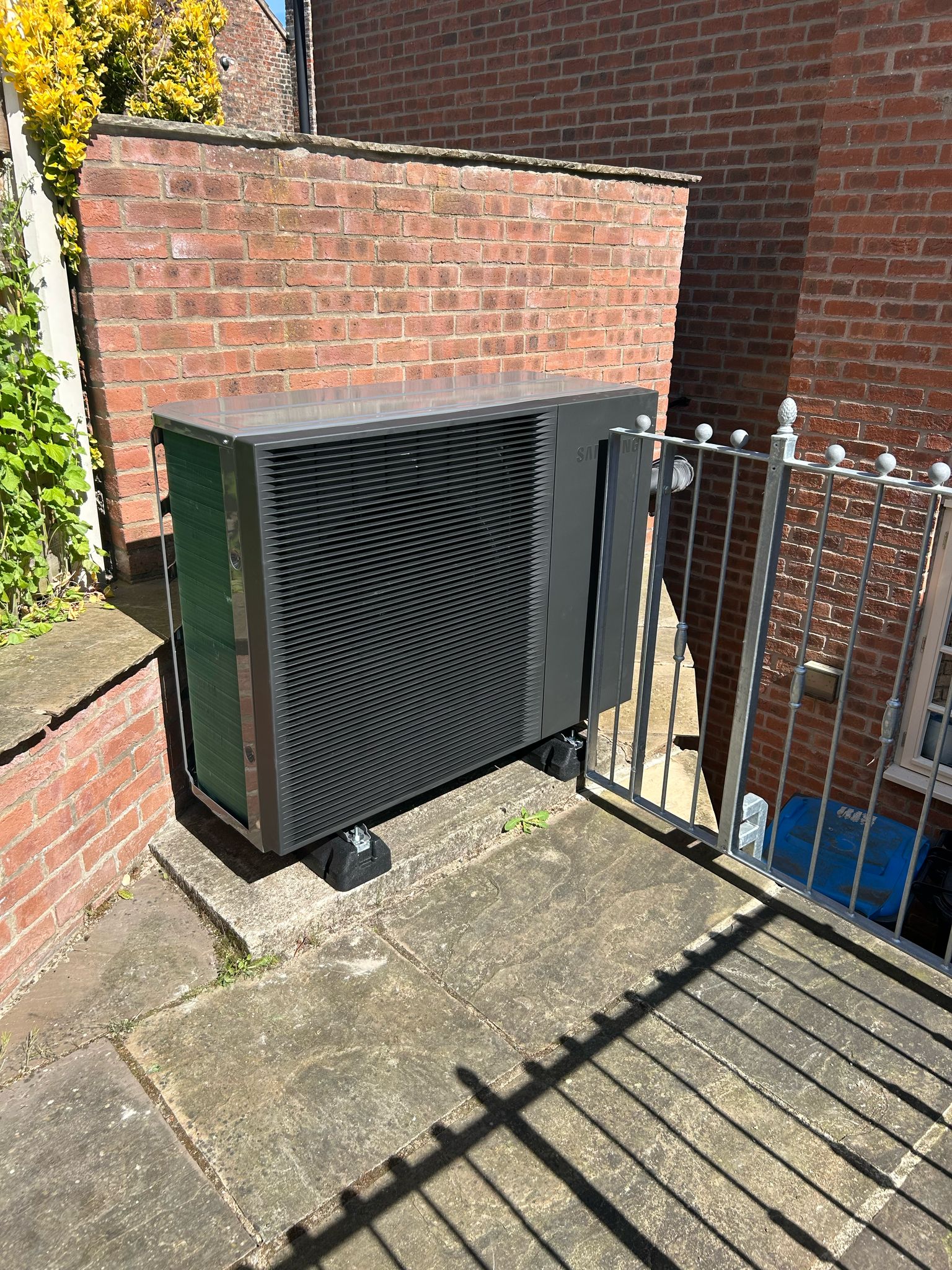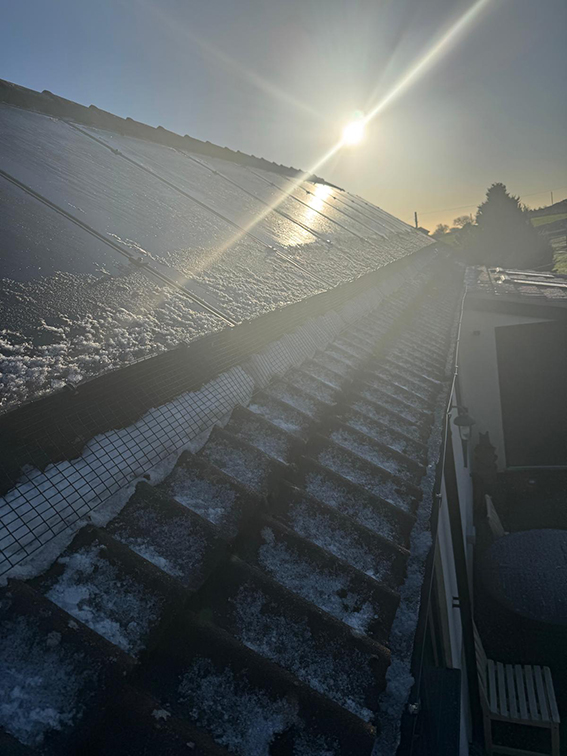
Do I Need Planning Permission for Solar Panels?
While planning permission can be a tricky issue, most homes do not need it to fit solar panels.
Solar panels aren’t really much more obtrusive than your roof, so they don’t really affect anyone else.
As most domestic installations will be on pitched roofs on developed sites, so you won’t need to ask permission to fit them.
And, if you have a commercial property you want to ‘solar up’ the fitting of the panels will most likely come under ‘permitted developments’.
That said, there are certainly few scenarios in which you would need to apply for planning permission, and there are still regulations you must adhere to when fitting solar panels.
Solar Panels: Building Regulations
All home improvements, builds and external features at your home will needs to be with national regulations if you ever want to sell your property.
We can do whatever we like to our homes is we wish, but regulations are their to protect us from ourselves – and ensure that our homes are fit for purpose – and therefor eligible for a mortgage.
Generally speaking, no one is going to randomly check your home to make sure you have followed every regulation out there, but if you wish to sell these things can get picked up on a survey.
The easiest way to ensure a solar panel installation is well within the regulation is to check the company your using are registered with MCS.
The starting point for fitting solar panels on a pitch roof is they must be no higher than the roof and not stick out above the apex or ridge tiles.
They need to be fitted at least 15cm from the edge also.
When will I need planning permission to fit solar panels?
We never say never here at UK Energi, and that includes when we talk about gaining planing permission for solar panels.
While we know that it’s very rare that someone needs to apply for planning if they want to fit panels, but it’s not unheard of.
Certainly, a utility or solar farm installation would need a lot of planning and paperwork – but you’d expect that.
Commercial installation can also veer into needing planning depending on where they are and what they are for., are a completely different prospect and will need planning permission.
That said, between January 2021 and July 2022, the UK Government refused planning on 23 solar farms acrost mainland Britain – but that may change with a new pledge to generate 45-57 GW by 2030 may change things.
You may need planning permission for solar on listed buildings
Is the home you live in a listed building?
The best way to found out is to pop along to Historic England and search for your address.
If you DO live in listed building then download a ‘Listed Building Consent’ from your local council website, just pop in and pick one up.
Any work you do on a listed building that may change the building’s character or alter anything of historic interest must be approved by the council panning authority.
It's not just down to them; they have to liaise with Historic England and the National Amenity Societies – so it’s not just down to one person in a small office somewhere.
Once consent is granted, you may have to adhere to certain conditions – like adding facias or coverings.
Planning permission ground-based domestic solar panels
Floor mounting your panels, however, is a different kettle of fish all together.
It’s not usual to use floor mounted panels in a domestic installation but it may be necessary if you want to increase the amount of panels you have, if your roof is a bit weak or if you have a huge garden you want to utilise.
No, if you can mount the panels within a 9-metre square area, you can crack on without needing to apply for any planning.
To ensure you can keep paperwork to a minimum ensure:
- The installation is under four metres tall.
- All the solar panels fitted are at least 5m from any boundaries
- Nothing is installed within the boundaries of a listed building.
- The installation must not be visible from the road if you are in a conservation area.
- Each property is allowed one standalone, ground mounted solar installation
Is planning needed for celestial solar?
Places of worship are subject to the same regulations and paperwork as other buildings when it comes to fitting PV systems.
You probably won’t need permission if the building modern but, especially in certain areas of the country, places of worship may be very, very old and therefore ‘listed’.
These will need permission granting from either a denominational advisory committee or a building consent committee.
As is the way with religious properties, some places will have Ecclesiastical Exemption - but, even then, you’ll still need consent from the advisory committee.
Solar panels on a scheduled monument
What’s a scheduled monument and do you live in one?
Well, it’s a site that is legally protected due to its historical importance and probably not.
But, if you do, the local planning authority aren’t going to be much help to you – you will need to go straight to the top and ask the current Secretary of State, not
They will instruct Historic England to manage the process – which sounds like it may take a while.
Check out the birds and bats in your area
Yep, the winged critters in your area may scupper your solar panel panels – but only if you are very, very unlucky.
We all know bats are generally protected in the UK, we need them to keep the eco-system running and ensure we keep our green and pleasant land.
However, planning permission could be denied if bats or birds are present in your building.
Bats and some birds, along with their nests and eggs/babies, are protected by UK law – so, if you have any flying friends in the house you’ll need to get in touch with Natural England and ask about wildlife licences.
If you have birds in your belfry, then you won't have too much trouble gaining permission for your panels.
However, if the belfry is teaming with bats, you’re going to have to look at wind or battery power.
[The Bat Conservation Trust Helpline] will help with any information you need.
Commercial property, Solar PV and planning permission.
First, what do we mean by commercial solar?
Well, we don’t mean solar farms, or any system used to pump energy into the national grid.
We mean any solar PV installation use to provide electricity directly into a business.
So, that could mean anything from a small chemist in a village to 200 panels on a huge factory on an industrial estate.
As the definition of commercial solar is so wide, that means that each individual case will need looking at when it comes to planning permission.
On most jobs no planning will be needed if everything complies with all the usual regulations.
These include:
- Nothing must project more than 200mm from the wall surface or roof slope
- Panels must be over 1m from the edges of the roof, or the wall joint, that they sit on
- On flat roofs nothing should be less than 1m from the roof surface
- All installations must be lower than any other roof furniture (chimneys etc)
- A ground mounted array must be smaller than 9 metres square
- Ground mounted arrays must not be higher than 4 metres from the ground
- Only one array is allowed without planning permission
These regulations only apply when it comes to solar PV panels – if you are fitting anything else you need to investigate you planning a little further.
Utility solar and solar farms.
Solar farms definitely cover more than 9 meter square, and produce more than 3.5 kWh, so they will need more than just planning permission.
Utilities for each of the different British nations is handled at the devolved level – so regulations and permission can vary from area to area.
England, where UK Energi do most of our installations, permission is handled by the National Planning Policy Framework.
But, it doesn’t end there, there is also the Planning Authority who will also look at the plans and make their recommendations.
If you are thinking of setting up a solar farm, there are few basics you need to know before you start:
- Does the area have a flood risk? Don’t be building on flood plains!
- Is the local area packed with NIMBYs? Consider the likelihood of local objections
- Is the land super fertile? Good quality agricultural land is not generally cleared for panels.
- Where is the site situated? Supply chain and infrastructure will be super important.
Though, the change in UK government last year may change things in the next decade.


